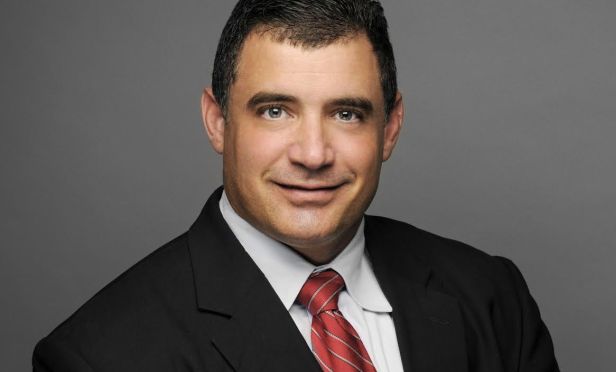
MIAMI—Commercial real estate professionals that hope to deliver in highly competitive urban markets such as Downtown Miami, have to think outside of the box. With the hotel industry a matter of hot debate, there's much to learn from the concept of “concierge.”
GlobeSt.com caught up with Sean McNamara, general manager with JLL who oversees Southeast Financial Center, to get his thoughts on how the concierge concept translates to office buildings in part one of this exclusive interview. Be sure to check back for part two, in which McNamara will discuss how sophisticated property management companies are incorporating metrics and analysis into their strategy for overall service delivery.
GlobeSt.com: As the most consistent conduit between tenants and ownership, how do property managers effectively align all initiatives on both sides?
McNamara: Effectively aligning the initiatives of both tenants and ownership requires property managers to be attentive, proactive, and results-driven. Consistent knowledge of tends in real estate and technology allows property managers to anticipate tenant needs before they become issues and scope out appropriate technologies to meet those needs.
While it is important to seek new opportunities for building and maintaining positive tenant and stakeholder relationships, such as technological advancements, capital improvements, efficiencies and amenities, the most impactful solutions are those that improve communication and service delivery. An open line of communication must be established with ownership to discuss these options fluidly.
GlobeSt.com: How are technology advancements impacting property management, and how do these impacts benefit ownership and tenants?
McNamara: The challenge with technology advancements that impact tenant and ownership is navigating through which advancements are relevant and worthwhile and those that are not. Technology options are no longer on a linear growth curve, nor do you have the luxury to take a “wait and see” approach as technology is a driving component of efficacy.
This forces ownership and property managers to provision technology that is current, scalable and cost effective relative to the useful life. An appropriately implemented technology project can save the ownership money and resources, vastly improve service delivery, and attract and retain tenants.

MIAMI—Commercial real estate professionals that hope to deliver in highly competitive urban markets such as Downtown Miami, have to think outside of the box. With the hotel industry a matter of hot debate, there's much to learn from the concept of “concierge.”
GlobeSt.com caught up with Sean McNamara, general manager with JLL who oversees Southeast Financial Center, to get his thoughts on how the concierge concept translates to office buildings in part one of this exclusive interview. Be sure to check back for part two, in which McNamara will discuss how sophisticated property management companies are incorporating metrics and analysis into their strategy for overall service delivery.
GlobeSt.com: As the most consistent conduit between tenants and ownership, how do property managers effectively align all initiatives on both sides?
McNamara: Effectively aligning the initiatives of both tenants and ownership requires property managers to be attentive, proactive, and results-driven. Consistent knowledge of tends in real estate and technology allows property managers to anticipate tenant needs before they become issues and scope out appropriate technologies to meet those needs.
While it is important to seek new opportunities for building and maintaining positive tenant and stakeholder relationships, such as technological advancements, capital improvements, efficiencies and amenities, the most impactful solutions are those that improve communication and service delivery. An open line of communication must be established with ownership to discuss these options fluidly.
GlobeSt.com: How are technology advancements impacting property management, and how do these impacts benefit ownership and tenants?
McNamara: The challenge with technology advancements that impact tenant and ownership is navigating through which advancements are relevant and worthwhile and those that are not. Technology options are no longer on a linear growth curve, nor do you have the luxury to take a “wait and see” approach as technology is a driving component of efficacy.
This forces ownership and property managers to provision technology that is current, scalable and cost effective relative to the useful life. An appropriately implemented technology project can save the ownership money and resources, vastly improve service delivery, and attract and retain tenants.
© Touchpoint Markets, All Rights Reserved. Request academic re-use from www.copyright.com. All other uses, submit a request to [email protected]. For more inforrmation visit Asset & Logo Licensing.






